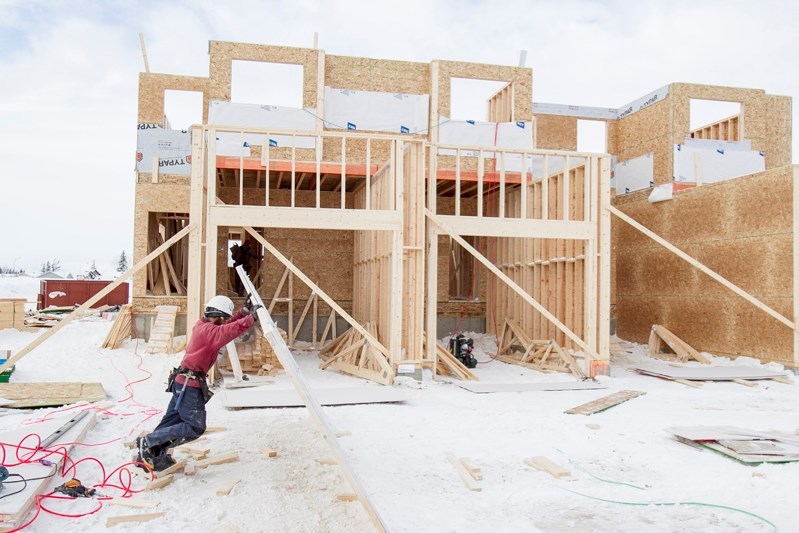The cost of building a single or semi-detached home in Cambridge will rise more than $4,000 on Dec. 1 as the city amends its development charges bylaw in line with the escalating cost of building infrastructure to service new developments.
The City of Cambridge will follow through on its annual indexing of development charges next month to the tune of a 15.7 per cent hike.
For a single detached or semi-detached build, the rate will rise from $26,096 to $30,193. For apartments, the fee will rise from $13,063 to $15,114.
The hike reflects the impact inflation, labour shortages and supply chain issues have had on the cost of adding or enhancing infrastructure like roads, sewers, water lines, fire service and amenities like community centres and libraries to support growth.
"The City has been experiencing significant cost increases through tenders awarded in 2022," says a report coming to council next week from the city's chief financial officer Sheryl Ayres.
Development charges are collected to offset costs incurred by the city to support growth and provide the necessary infrastructure to maintain levels of service.
The city’s development charges bylaw includes an automatic provision for annual indexing of development charges to ensure an adequate amount of funds come into city coffers to offset those costs.
"Without indexing, the development charge revenue collected over the term of the by-law would not be sufficient to finance project cost increases resulting from inflation, potentially resulting in the deferral of capital projects or the issuance of additional growth-related debt," Ayres adds.
The city's current development charges bylaw, which came into force on July 1, 2019, requires indexing of applicable fees on Dec. 1 of each year.
Ayres writes that it ensures rates keep pace with the cost of constructing growth related infrastructure
To determine the appropriate increase, the city relies on the Statistics Canada Quarterly Construction Price Statistics.
The indexing factor is derived by calculating the quarterly percentage change for construction costs such as materials, labour and equipment.
Between the third quarter 2021 and third quarter 2022 the construction price index for non-residential construction in the Toronto area is an increase of 15.6 per cent.
Because Statistics Canada restated their figures after the city updated their indexing on December 1, 2021, an additional .1 per cent was added to this year’s increase to arrive at 15.7 per cent.
In her report, Ayres warns the "cost escalation is expected to have a significant impact on the development of the City’s 2023-2032 capital budget and forecast," which will be presented to council next month.
